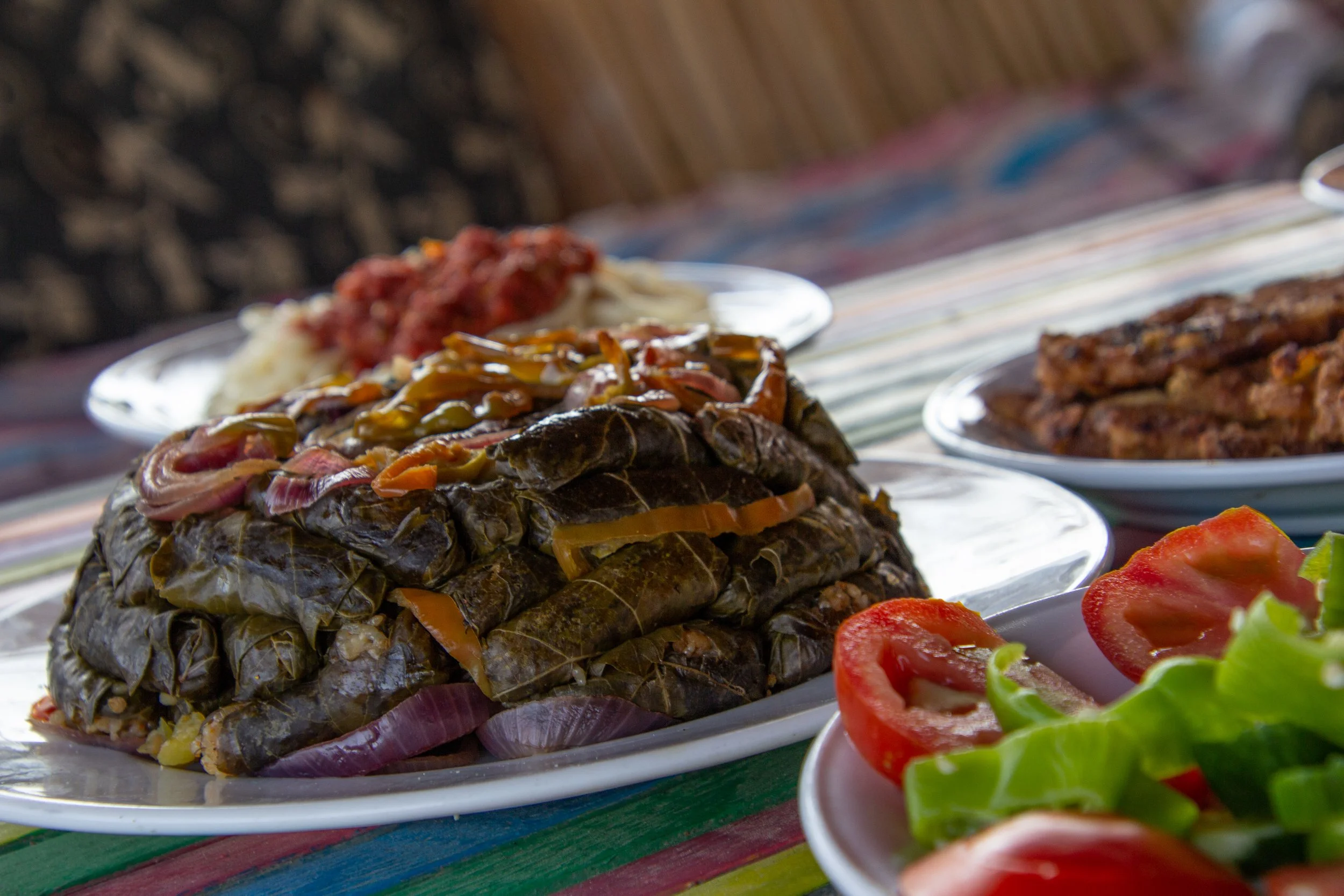Does your diet shape your mental health? 🥗🧠
What you eat doesn’t just fuel your body—it directly influences your mood, focus, and mental resilience.
Through brain chemistry, inflammation, and the gut-brain connection, food plays a pivotal role in mental well-being.
A nutrient-packed, balanced diet can help prevent and ease mental health challenges, while poor food choices may worsen symptoms.
Adopting healthy eating habits tailored to your needs is a simple, powerful way to boost your mind and mood.
How Food Impacts Mental Health Conditions 🥑
Depression: Diets lacking omega-3 fatty acids, B vitamins, or antioxidants are linked to a higher risk of depression. On the flip side, nutrient-rich diets can amplify the effects of antidepressants. A 2017 study showed that dietary changes significantly improved outcomes for people with major depressive disorder.
Anxiety: Too much caffeine or sugar can ramp up anxiety, making you feel jittery or on edge. Calming foods like magnesium-rich greens or soothing herbal teas (like chamomile) can help ease symptoms.
Cognitive Decline: Diets heavy in saturated fats and sugars accelerate cognitive decline and increase Alzheimer’s risk. Protective eating patterns, like the Mediterranean or MIND diets, packed with brain-boosting nutrients, can safeguard memory and focus.
Practical Tips for a Mind-Healthy Diet 🌟
Embrace Whole Foods: Fill your plate with colourful fruits, vegetables, lean proteins, whole grains, and healthy fats to nourish your brain and stabilize mood.
Cut Back on Processed Foods: Limit sugary snacks, fast food, and refined carbs to reduce inflammation and mood swings.
Stay Hydrated: Even mild dehydration can cloud your thinking and dampen your mood. Sip water throughout the day.
Consider Supplements: If you’re low on key nutrients like vitamin D or omega-3s, supplements may help—always check with a healthcare provider first.
Eat Mindfully: Slow down and savor your meals, and tune into your body’s signals. Mindful eating reduces stress and supports the gut-brain connection.
Takeaway
Your diet is a powerful tool for mental wellness. Small, intentional changes to what and how you eat can make a big difference in how you feel. Start today—your brain will thank you! 💪
If you found this article inspiring, please share your thoughts in the comments section below.
To submit an article for publication, please email your contribution to info@copeandlive.foundation. Submissions may be edited prior to publishing. Include your full name as you wish it to appear and any relevant qualifications or citations.
About the Writer:
Kayema Innocent is a Microbiologist and a provider of sustainable and healthy foods.
If things are getting out of hand, please call us on +234 814 831 8965 or send us an Email at: info@copeandlive.foundation for tailored guidance.
